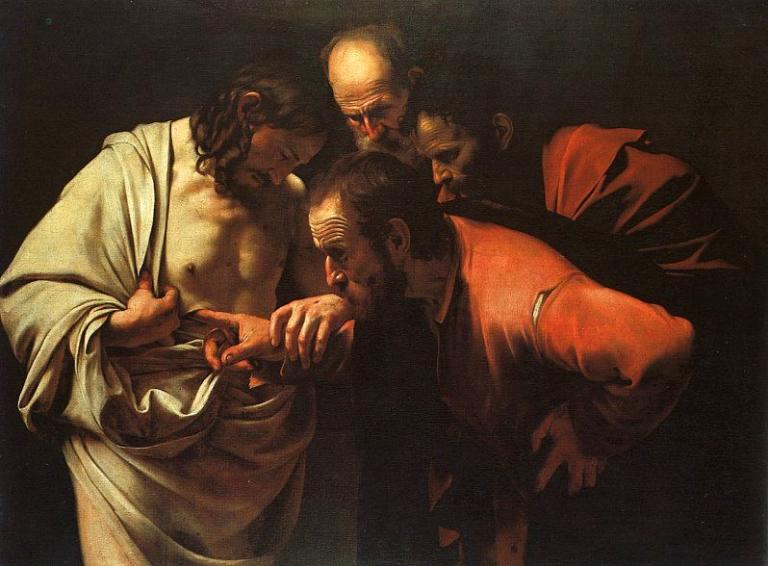
I am fortunate to have a friend who doubles as a registered nurse and as an acclaimed author. Sallie (Jiko) Tisdale and I were corresponding this week on my family’s present crisis involving my son’s traumatic brain injury and comatose state. As a medical-psychological and literary care giver, Sallie shared with me about what a crisis involves and how writing can help me navigate this altered state of existence. Perhaps you will find her words instructive for your own journey.
Sallie first assessed “crisis”:
The definition of a crisis in health terms (psychological terms) is about six weeks; we can’t sustain a crisis longer than that. Our minds and bodies give way. The crisis becomes normal. Such is the stress of wartime, refugees, and those like you, suspended in between worlds and lives. I am wishing for you and Mariko the strength you need to sustain this.
She then turned to reflect on the import of writing during a time of crisis:
The writing is good for you, I think; my experience with this kind of extraordinary space is that one is in an altered state, and memory doesn’t work the same way; you will remember certain moments vividly and forget entire days. The writing will help you stay grounded. And later it will be a touchstone of many kinds.
Sallie also encouraged me in my journaling to “write copiously” and to be “ruthlessly honest.”
There is more. For Sallie and me, our respective faith traditions also help us stay grounded, even in our writing. Sallie is a Zen Buddhist, who is a leader at Dharma Rain Zen Center in Portland. She and her Buddhist community and my Evangelical Christian friends and I at New Wine, New Wineskins have dialogued, often at potlucks, since around 2005. Sallie wrote about our initial gatherings many years ago in an article titled “Beloved Community,” which was published in Tricycle: The Buddhist Review. A small group of us met last night, albeit over Zoom. It was such a normal, reflective, peaceful occasion, such a welcome relief from a tumultuous day.
Sallie’s Buddhist name is Jiko. Jiko’s priest Kyogen Carlson, who passed away several years ago, was/is one of my most cherished friends. I still feel the loss, especially now. We wrote a book together titled Evangelical Zen: A Christian’s Spiritual Journey with a Buddhist Friend, which was released after his passing. There and elsewhere we reflected on the need to journey in such a manner that we delve deep into our respective spiritual traditions, taking the Christian or Buddhist trails all the way to the end rather than simply wander and hover about here and there at various faiths’ trail heads. In our various conversations and gatherings over the years, Kyogen, our communities, and I drew from the time-tested resources of our respective spiritual traditions to address the tension and trauma involving painful interfaith or multi-faith exchanges at life’s intersections. In an upcoming post, I will share a poignant reflection from Jiko in our correspondence this past week that comforted me in my present crisis.
I encourage all of us who are going through crises to find spiritual resources that will help ground us when we are “suspended in between worlds and lives,” as Sallie writes. I also encourage you to journal copiously during your crisis experiences, like I am doing presently. It has the potential to help you “stay grounded” and centered during your own “altered state,” like it is doing for me.
Don’t forget to be “ruthlessly honest.” I agree so strongly with Sallie and call to mind what a Christian colleague said years ago to me, “God traffics in truth.” In the spirit of full disclosure, there are days, like Easter this past Sunday, when honestly and truthfully the crisis pain was so severe that I felt like I was suspended on Jesus’ cross on Good Friday or lying dead in his tomb on Holy Saturday.
No doubt I will have more downcast moments and days in my faith journey in the weeks ahead, even after the resurrected Jesus ascends on Ascension Sunday and the Spirit descends at Pentecost. After all, I’m undergoing an altered state of existence between the times until Jesus comes again. Even the Apostle Paul confesses in one of his letters that at one point he despaired of life itself in the context of suffering and crisis (2 Corinthians 1:8). Like Paul, being honest, even ruthlessly honest with my emotive writing and in my faith journey, helps me cope and stay grounded. I also take comfort and find hope in the realization that the doubting Thomas was really the devoted Thomas. As the Apostle John writes, Thomas would not settle for believing in ghosts or wishful thinking. He had to put his finger in Jesus’ nail-torn hand and his hand in Jesus’ spear-pierced side in order to believe that Jesus was raised bodily from the dead (John 20:24-29). Sometimes it takes such critical measures to strengthen and sustain us in life and faith crises. I am so thankful that like the psalmists and prophets before them Jesus’ disciples wrote copiously during their severe suffering for the faith that followed Pentecost. I’m so grateful that Jesus didn’t shun Thomas during Thomas’s own crisis of faith, but gripped and guided Thomas’s hand into the wound in his side, as shown above in this Caravaggio masterpiece.
Such reflections etched on the mind in the face of trauma, hardship, and hope served them and serves me well as “a touchstone of many kinds.” My own journaling as I journey helps me get a grip and hold on. It helps me even as I wait in agonizing hope that someday soon my son Christopher will respond voluntarily to my touch and gentle, pleading prompts, gripping my fingers lodged in his hands.












